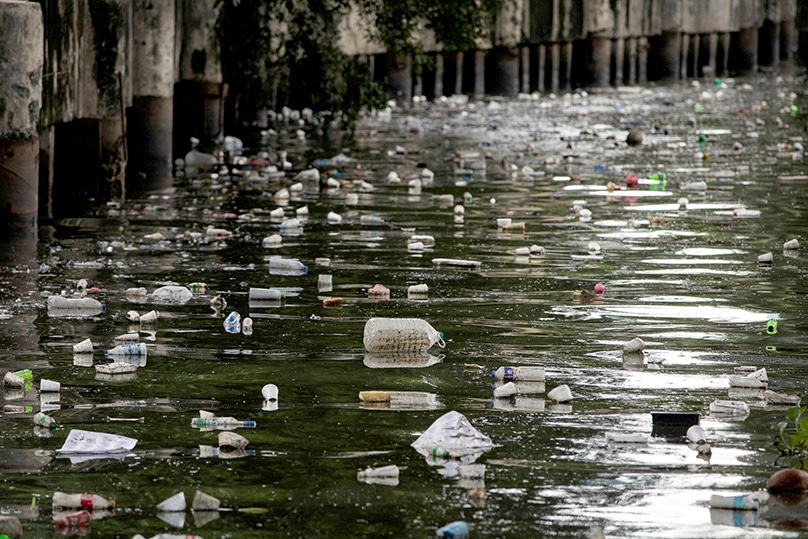
I have read the Pope’s document Laudate Deum on climate change and I have to say I disagree with much of it, as do many of my friends. Are we being disloyal to Church teaching when we do this?
Pope Francis wrote the Apostolic Exhortation Laudate Deum, dated 4 October 2023, eight years after his encyclical Laudato si’ on care for the environment of our common home.
He says that the responses to that encyclical have not been adequate, and that “the world in which we live is collapsing and may be nearing the breaking point.”
Perhaps you may disagree with this rather dire assessment, and you are free to do so.
Laudate Deum addresses the world’s response to the issue of climate change. The first part of the document discusses the causes and effects of climate change. The Pope says, for example, that “it is no longer possible to doubt the human—“anthropic”—origin of climate change.”
This is a statement with which many people, including scientists, may disagree, since there have been cycles of warming and cooling for millions of years, long before there were humans on the planet.
With regard to the view of scientists on the correlation between climate change and the increase of greenhouse gas emissions, Pope Francis says: “The overwhelming majority of scientists specialising in the climate support this correlation, and only a very small percentage of them seek to deny the evidence” (n. 13).
As a scientist myself from my university studies, I know that when the cause of a particular phenomenon is proven, all scientists, not just the majority, accept it. When some scientists disagree, the matter is not yet settled.
One scientist who disagrees is Australia’s Professor Ian Plimer, Emeritus Professor of Earth Sciences at the University of Melbourne, among his other posts.
Where Pope Francis says that “The change in average surface temperatures cannot be explained except as the result of the increase of greenhouse gases,” Plimer points out that it is the other way around.
It is the warming of the planet that causes the increase of greenhouse gases (cf. How to Get Expelled from School, Connor Court 2011, p. 200).
He also quotes the Intergovernmental Panel on Climate Change (IPCC) figure that only 3 per cent of total carbon dioxide emissions are of human origin, so that the human contribution, in any case, is almost negligible (cf. ibid. p. 198).
As is obvious, all of this is not a matter of faith and morals but rather of science, so Catholics are free to disagree with the pope’s analysis.
Pope Francis goes on to treat of the “technocratic paradigm,” which sees technology and economic power as automatically contributing to the good of mankind. This he refutes, showing how technologies have been used to decimate populations, drop atomic bombs and so on.
He says that “our immense technological development has not been accompanied by a development in human responsibility, values and conscience” (n. 24). The use of technology must therefore always be guided by sound ethics. These are moral judgments with which we would all agree.
In the next section, titled “The Weakness of International Politics” Pope Francis looks at the weakness of existing organisations for solving problems on a world scale, and he proposes multilateral agreements between states (n. 34). He sees multilateralism arising “from below”, from activists in various countries supporting one another and pressuring the sources of power, as a good solution (n. 38).
Again, one can be free to disagree with this proposal, as it is not a matter of faith and morals.
The following two sections deal with the successes and failures of the many conferences that have been held since 1992 to deal with climate change, and with what may be expected from the COP28 conference to be held in Dubai in December 2023. One is free to disagree with this assessment, as again it is not a matter of faith and morals.
The final section, “Spiritual Motivations,” invites the reader to see God behind the universe, to trust in his providence, and to recognise that human beings are necessarily interconnected with the rest of nature and must therefore act responsibly. Once again, this is something we can readily accept.
